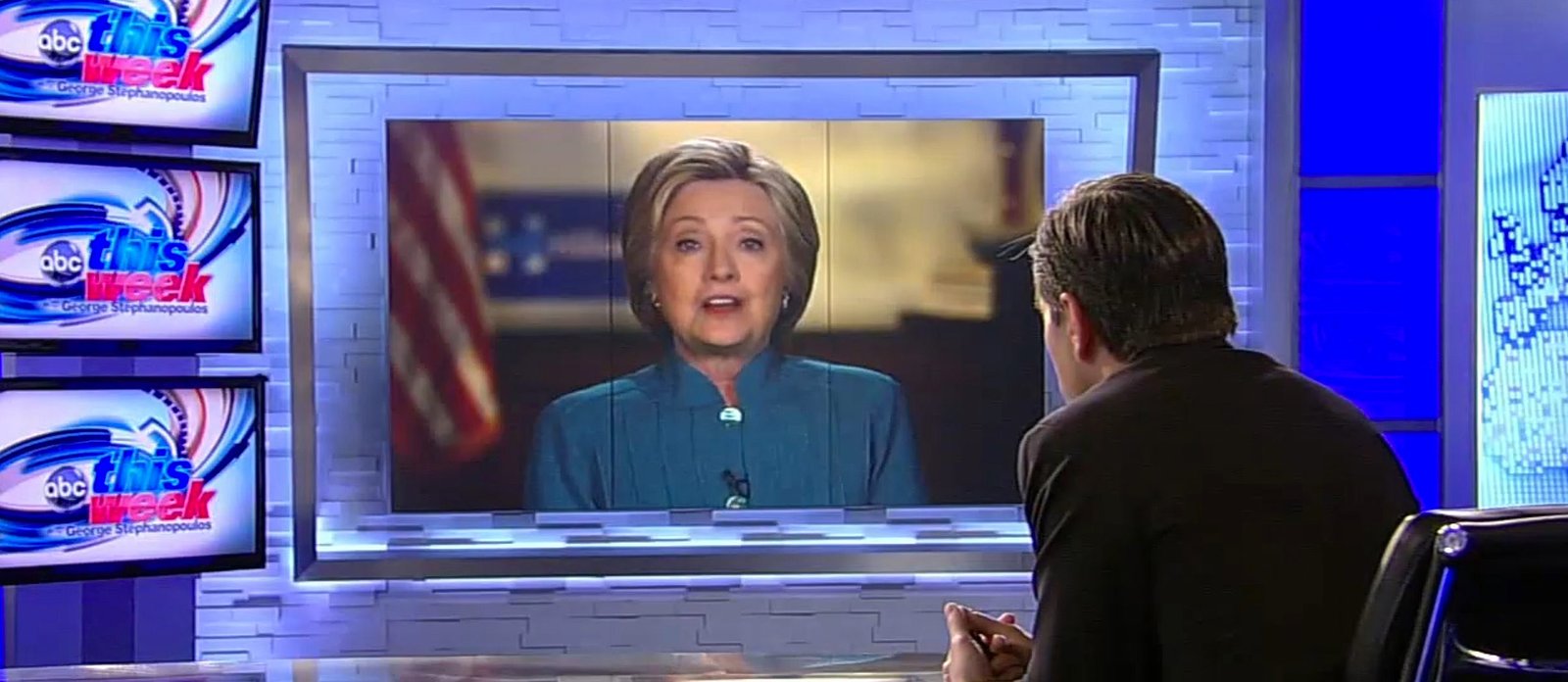Supreme Court finds Puerto Rico court did not have jurisdiction to seize Catholic assets to pay for pension shortfall at schools.
[dc]T[/dc]he Supreme Court ruled today per curiam (meaning without a named writer) that the Puerto Rico Supreme Court erred when it determined that the “Roman Catholic and Apostolic Church” was responsible for properly administering a pension plan for the employees of Catholic Schools Trust. In the case, employees of three Catholic schools with separate corporate structures filed suit after the Trust, which was held in common between them declared bankruptcy and terminated their pension plans. Since the schools did not have funds to pay them, they also sued the Archdiocese of San Juan, the Superintendent of the Catholic Schools of the Archdiocese of San Juan, and an entity they called the “Roman Catholic and Apostolic Church of Puerto Rico.”
The lower court in Puerto Rico found that the “Roman Catholic and Apostolic Church of Puerto Rico” (which we’ll call the “Church” for purposes of clarity) was the only defendant that had a separate “personhood,” which it said was established via the 1898 Treaty of Paris that formed when Spain ceded Puerto Rico to the United States. The other entities listed were part of the larger Church. The court then ordered the Church to deposit $4.7 million in a court account, and issued another order requiring the sheriff to “seize assets and moneys of . . . the Holy Roman Catholic and Apostolic Church and any of its dependencies that are located in Puerto Rico.”
The decision was appealed, and the higher court found that the “Roman Catholic and Apostolic Church in Puerto Rico” did not exist as a legal entity, but instead ordered the Archdiocese and one of the schools to make payments, the others being exempted as either not being legal entities when the orders were issued in 2016 or not named as defendants.
The Puerto Rico Supreme Court reversed that decision and found that the Church was, in fact, a legal entity and that all the other entities were “in reality a fragment” of the Church.
The U.S. Supreme Court asked the U.S. Solicitor General to figure this out, and the Solicitor General issued a brief pointing out that there was no legal evidence that the Church was separately incorporated, and that determining it was a legal entity the Puerto Rico Supreme Court had outside of all existing corporations laws. The Solicitor General that the Church would be responsible for all activities of separate entities acting under the name “Catholic” was discriminatory as it singled out the denomination for discriminatory treatment in violation of the Free Exercise Clause.
The Supreme Court did not directly address the Free Exercise issue but found that the lower court lacked jurisdiction to issue the payment and seizure orders. This was based on a somewhat complex timeline issue. Put simply, the payment and seizure orders were issued at the lower level state court after the case had already been removed to federal court for bankruptcy proceedings and before the matter got remanded back to the state court, so the “state court” did not have jurisdiction to issue the orders at all because it was coram non judice which means “not before a judge.”
The matter was remanded to the lower courts for disposition.
Justice Alito wrote an interesting concurrence about the Free Exercise issues that could be argued in the case in terms of whether the state should interfere with how a church describes its own corporate structure. There was no dissent.
Case info: ROMAN CATHOLIC ARCHDIOCESE OF SAN JUAN, PUERTO RICO v. YALI ACEVEDO FELICIANO, ET AL. (No. 18-921 . Dec’d 2/24/2020)
. Dec’d 2/24/2020)
Holding: The Puerto Rico Supreme Court lacked jurisdiction to seize Catholic Church assets to pay for pension shortfalls at schools.

